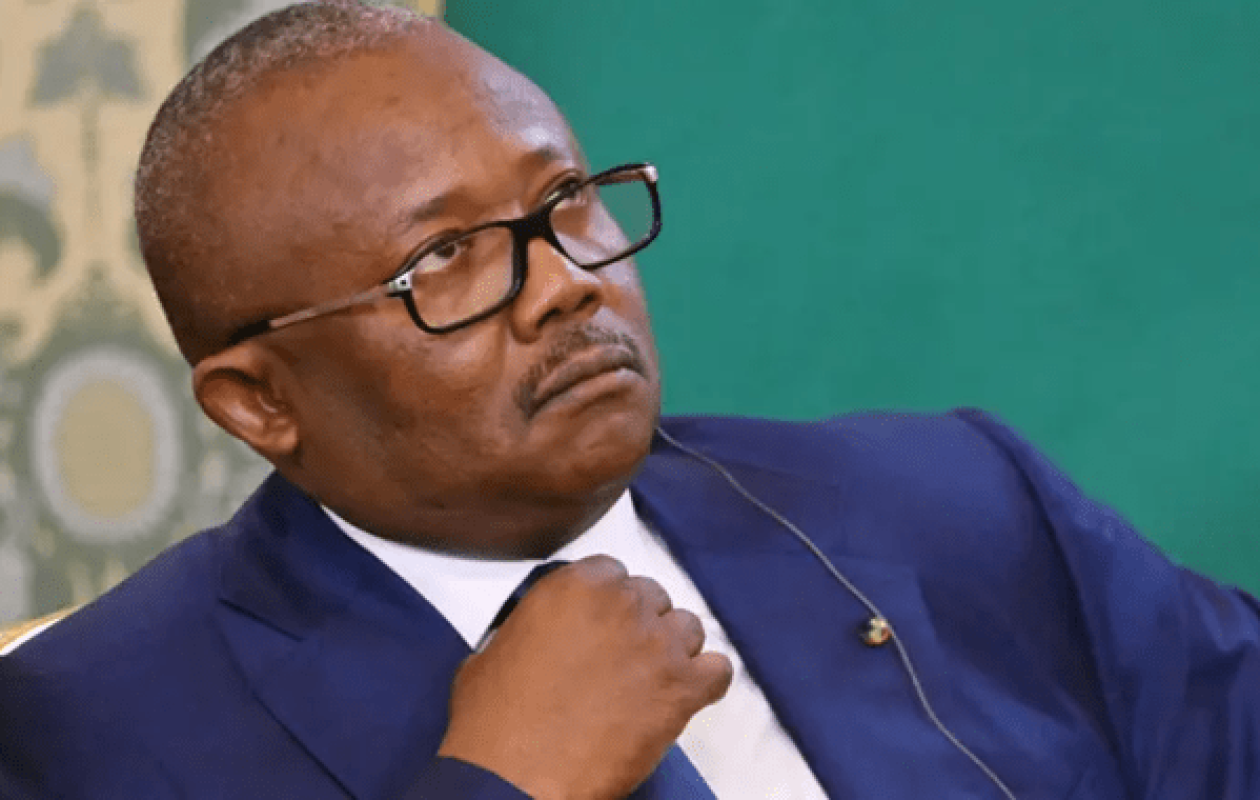
Guinée Bissau : Drôle de coup d’État ?
Barely had the overthrow of President Umaro Sissoco Embaló been announced by a group of officers led by Brigadier General Denis N'Canha when the former head of state was taken to the military headquarters in Bissau. He himself confirmed his situation to the press, with a calm that contrasted sharply with the gravity of the events. In the aftermath, General N'Canha convened his staff for a crisis meeting and suspended the electoral process. It is difficult, however, to grasp the motivations behind a coup in a country where citizens had just voted peacefully, without any significant incident, and were calmly awaiting the results. Who benefits from this abrupt break? The question remains, delicate and crucial.
Even more surprising? Despite his removal from power, Emballo was reportedly able to contact several leaders in the sub-region, according to the African press. His phones were not confiscated, an unusual detail in this type of situation, where controlling communications is among the primary concerns of coup leaders. This peculiarity, far from being anecdotal, reveals the gray areas of a vulnerable institutional system and the ambiguities of political power in Guinea-Bissau, a country regularly plagued by military uprisings despite officially respected electoral cycles.
Beyond the case of Guinea-Bissau, Francophone Africa is experiencing a worrying succession of coups d'état. In two years, Guinea, Mali, Burkina Faso, Niger, Gabon, and now Guinea-Bissau have seen their governments overthrown.
The rise of khaki power
Quick explanations—external influences, rejection of traditional partners, or domino effects—are insufficient. We must go back to the very architecture of postcolonial states.
From 1960 onwards, General de Gaulle and Jacques Foccart established regimes that, while proclaiming independence, maintained strong ties with the colonial order. Gabon exemplifies this pattern: Omar Bongo, chosen by Foccart after President Léon Mba fell ill in 1965, ruled the country for over forty years before handing power to his son, until the recent overthrow. This lack of political alternation fueled frustrations and gridlock.
After the fall of the Berlin Wall, the democratization demanded by François Mitterrand often perpetuated the same powers, cloaked in institutional trappings that guaranteed neither checks and balances, nor transparency, nor a fight against corruption. Today, this model is gradually collapsing under the pressure of new generations determined to break with weak or entrenched governance. In this political vacuum, the military frequently emerges as a solution.
For example, while France has gradually withdrawn politically and other powers are gaining ground in the West African sub-region, the institutional legacy remains heavy: fragile administrations, degraded social pacts, contested legitimacy.
In any case, coups d'état reflect both these deep divisions and a need to redefine the rules of the game. Guinea-Bissau is just one of the latest episodes, revealing a continent in search of lasting political stability and truly legitimate governance.
Commentaires (8)
Très futée comme stratégie 😁
Il va revenir très vite au pouvoir !!!
Participer à la Discussion
Règles de la communauté :
💡 Astuce : Utilisez des emojis depuis votre téléphone ou le module emoji ci-dessous. Cliquez sur GIF pour ajouter un GIF animé. Collez un lien X/Twitter, TikTok ou Instagram pour l'afficher automatiquement.